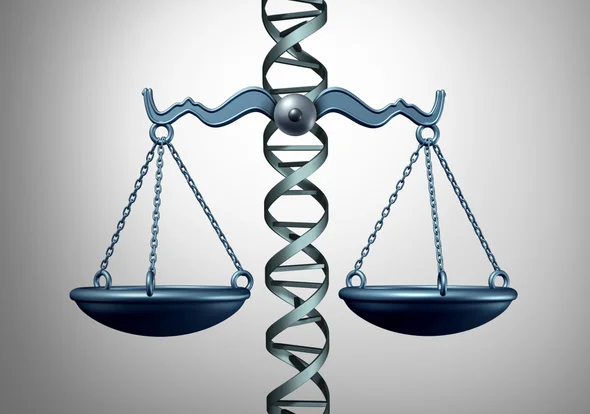
Why Is the History of Bioethics Important?
Bioethics grapples with complex questions; understanding its history is vital to navigating them effectively. Looking back, we gain valuable insights into how our ethical frameworks evolved, how social and technological landscapes shifted, and how ongoing debates shape our approach to challenging biological issues.
The roots of bioethical inquiry are more profound than the 20th-century idea of “bioethics.” The ancient Greek Hippocratic Oath laid the groundwork for centuries of discussion on medical ethics, emphasizing patient autonomy and the importance of doing no harm. This early text sparked centuries of philosophical and theological explorations into the ethics of medical practice, experimentation, and caring for the sick.
The 20th century saw a dramatic surge in advancements in the biological sciences. While breakthroughs like organ transplantation and genetic engineering offered immense potential, they posed significant ethical challenges. The Nuremberg Code, a response to the horrors of Nazi medical practices, marked a turning point. It established critical ethical principles for research involving human subjects, including informed consent and protecting vulnerable populations.
Bioethics has come a long way since its early days. Initially focused on medical ethics, it has broadened to encompass diverse issues like environmental ethics, animal rights, and the ethical implications of emerging technologies such as gene editing. This expansion reflects the growing complexity of our relationship with the biological world and the need for ethical frameworks that address our multifaceted challenges.
Many contemporary bioethical debates have roots in historical events and philosophical traditions. Discussions surrounding end-of-life care, for example, are shaped by centuries of theological and intellectual discourse on death and dying. Similarly, debates on genetic engineering draw on historical concerns about eugenics and the potential for misuse of powerful technologies.
The history of bioethics is a valuable resource for engaging in informed public discourse. By understanding the origins of ethical principles, the evolution of critical debates, and the consequences of past decisions, we can better participate in discussions about the future direction of bioethics. This is especially important as rapid technological advancements push boundaries.
The history of bioethics is a mosaic of lessons learned, challenges faced, and progress achieved. Studying this history allows us to frame the ongoing quest for ethical solutions to complex biological dilemmas. This knowledge is essential for shaping the future of bioethics and ensuring that scientific advancements serve the common good and respect the intrinsic value of all beings.
SOURCES:
“Bioethics.” ScienceDirect, Elsevier B.V., https://www.sciencedirect.com/topics/agricultural-and-biological-sciences.
Richardson, H. S., Hallowell, N., & Glass, K. A. (2016). Ethics in stem cell research and regenerative medicine: A review of the literature. Stem cell reviews and reports, 12(2), 229-243. https://pubmed.ncbi.nlm.nih.gov/32928295/
National Center for Biotechnology Information. StatPearls. Bethesda (MD): National Library of Medicine (US); 2023 Jan-. “Bioethics.” Available from: https://www.ncbi.nlm.nih.gov/books/NBK543570/

